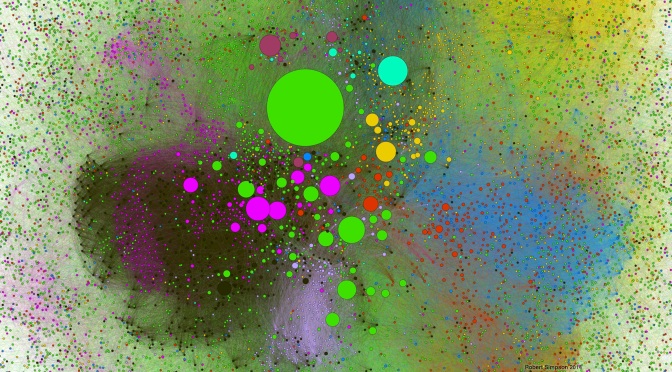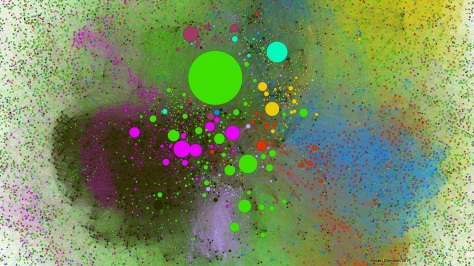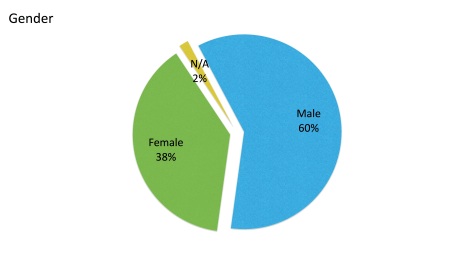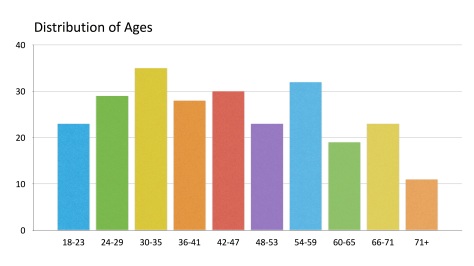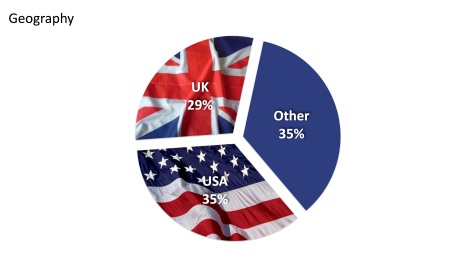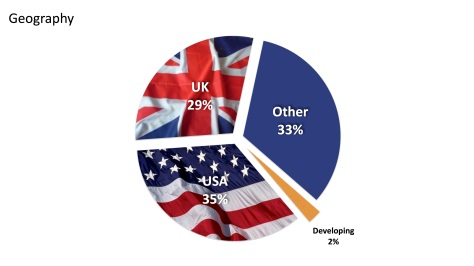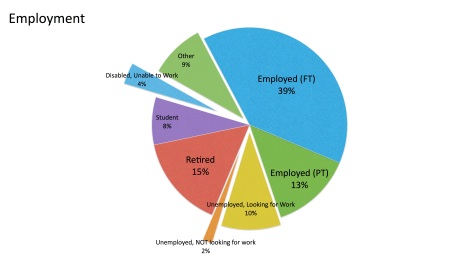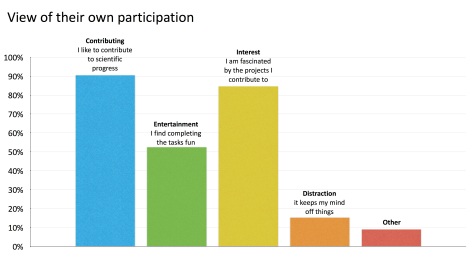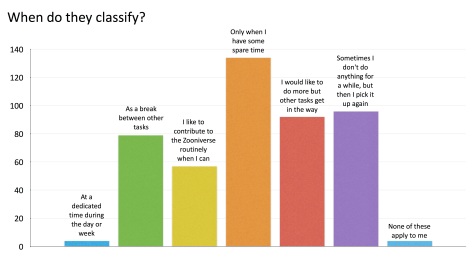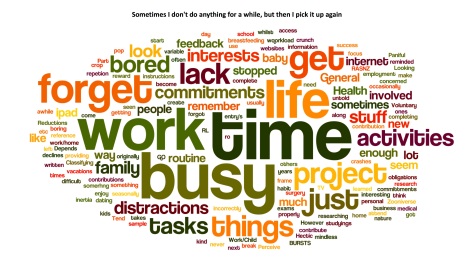Occasionally we run studies in collaboration with external researchers in order to better understand our community and improve our platform. These can involve methods such as A/B splits, where we show a slightly different version of the site to one group of volunteers and measure how it affects their participation, e.g. does it influence how many classifications they make or their likelihood to return to the project for subsequent sessions?
One example of such a study was the messaging experiment we ran on Galaxy Zoo. We worked with researchers from Ben Gurion University and Microsoft research to test if the specific content and timing of messages presented in the classification interface could help alleviate the issue of volunteers disengaging from the project. You can read more about that experiment and its results in this Galaxy Zoo blog post https://blog.galaxyzoo.org/2018/07/12/galaxy-zoo-messaging-experiment-results/.
As the Zooniverse has different teams based at different institutions in the UK and the USA, the procedures for ethics approval differ depending on who is leading the study. After recent discussions with staff at the University of Oxford ethics board, to check our procedure was up to date, our Oxford-based team will be changing the way in which we gain approval for, and report the completion of these types of studies. All future study designs which feature Oxford staff taking part in the analysis will be submitted to CUREC, something we’ve been doing for the last few years. From now on, once the data gathering stage of the study has been run we will provide all volunteers involved with a debrief message.
The debrief will explain to our volunteers that they have been involved in a study, along with providing information about the exact set-up of the study and what the research goals were. The most significant change is that, before the data analysis is conducted, we will contact all volunteers involved in the study allow a period of time for them to state that they would like to withdraw their consent to the use of their data. We will then remove all data associated with any volunteer who would not like to be involved before the data is analysed and the findings are presented. The debrief will also contain contact details for the researchers in the event of any concerns and complaints. You can see an example of such a debrief in our original post about the Galaxy Zoo messaging experiment here https://blog.galaxyzoo.org/2015/08/10/messaging-test/.
As always, our primary focus is the research being enabled by our volunteer community on our individual projects. We run experiments like these in order to better understand how to create a more efficient and productive platform that benefits both our volunteers and the researchers we support. All clicks that are made by our volunteers are used in the science outcomes from our projects no matter whether they are part of an A/B split experiment or not. We still strive never to waste any volunteer time or effort.
We thank you for all that you do, and for helping us learn how to build a better Zooniverse.

